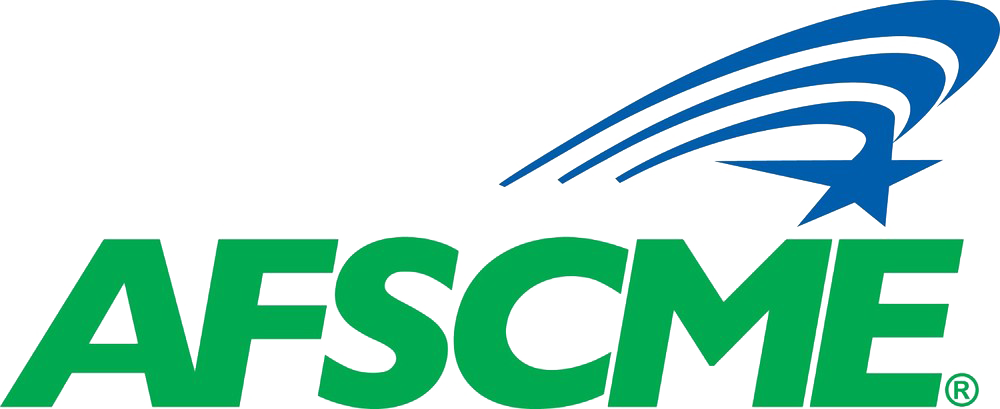Personal information cybersecurity
How does AFSCME safeguard personal information and privacy? The Local has depersonalized E-mail accounts to protect officers that reference, without names, elected office titles or positions.
There is a spectactular range of security threats from malicious or criminal actors that includes cyberbullying, cyberstalking, honey-trapping, doxing, phishing, catfishing. On-line social media continues reaping massive profits based on triggering unconscious reflexes in hidden, darker sides of human nature that play out in an ever-expanding Internet 'hate multiverse.'
Nearly every online encounter for digital services or digital products requires agreement with legally-enforced submission of rights regarding the privacy of many points of personal information to obtain what is sought. Examples:
360insights_napa_privacy.pdf
aci_worldwide_speedpay_terms.pdf
When it comes to social media, using electronic communications to reach out, reach over, reach across, reach between - is there such a thing as a digital free lunch? Is it all pro and no con? Nothing caveat emptor here?
All one has to do to open a "free" social media group (limited to verified member's use) is scroll to bottom of Facebook's sign-up page and select "Group" Facebook. Setting-up account options take longer for groups because groups face more probitive questions than the eerie bare minimum asked of individuals. Individuals sign-ups require as little personal information as first name, last name, cell number, birth date and gender. Not much expected when the bar is set so low for individual sign-ups. Therefore anyone can pose to be ‘virtually’ anybody. For any reason.
Users have to agree to something, somewhere in terms of service they hereby give consent to have monetized uses of their freely given personal location data bread crumbs in exchange for 'shopping tips' and 'local weather.' What's less clear is terms of service agreements allow additonally leveraging an unlimited bonanza of all one’s friends and family contacts data, too. Any presentation of paid spam, say advertising localized to suit GPS-tracked travel and spending patterns, one has to presume and trust will be only after users grant legal permission, and will be done only for benign purposes.
However, the most recent successor platform evolution to supercede Facebook, META, has already settled one lawsuit because location tracking by AI at META "continued violating users' privacy by tracking locations and movements through their smartphones without permission." Note the threat of fines in the tens of millions does very little to deter actions by those with personal net worth in the hundreds of billions.
Not clear here is recently signs some, eventually nearly all Facebook users, are being auto-upgraded to META, maybe with notice, or choice, but perhaps not with any idea what is was they agreed to.
Here is an example of bigtime contacts and passwords harvesting:
https://research.checkpoint.com/2022/cloudguard-spectral-detects-several-malicious-packages-on-pypi-the-official-software-repository-for-python-developers/
Here are examples of QR codes snail-mailed to homes of union members: can you tell which are from friends and which from foes?
QR code found on residential bulk mailings
There is a Council 5 mandatory non-disclosure agreement all Local officers must sign.
Non-disclosure form for Council 5
Compromising breaches of personal data occur following theft of employer IT equipment. Because government employers are forced by law to comply with public records requests, anyone can legally file for access to records of pay etc., for any reason, at any time.
MnDOT data breach 2013
Public records request released personal data
Names of volunteers at State agencies are not private
When commercial interests approach a union with discounted offers to billboard products and offer benefit services, unacceptable pressures for release of union member data have at times emerged. There have been asks for union-compiled bulk lists of individual private, personal profile data to be resold to unnamed third parties. Selling and trading customer data has long been practiced in financial, insurance, travel and hospitality industries. Agreeing to terms for enrolling in a union benefit program may at some future date, lead to compromised privacy of personal information.
Financial lenders trolling for member data
